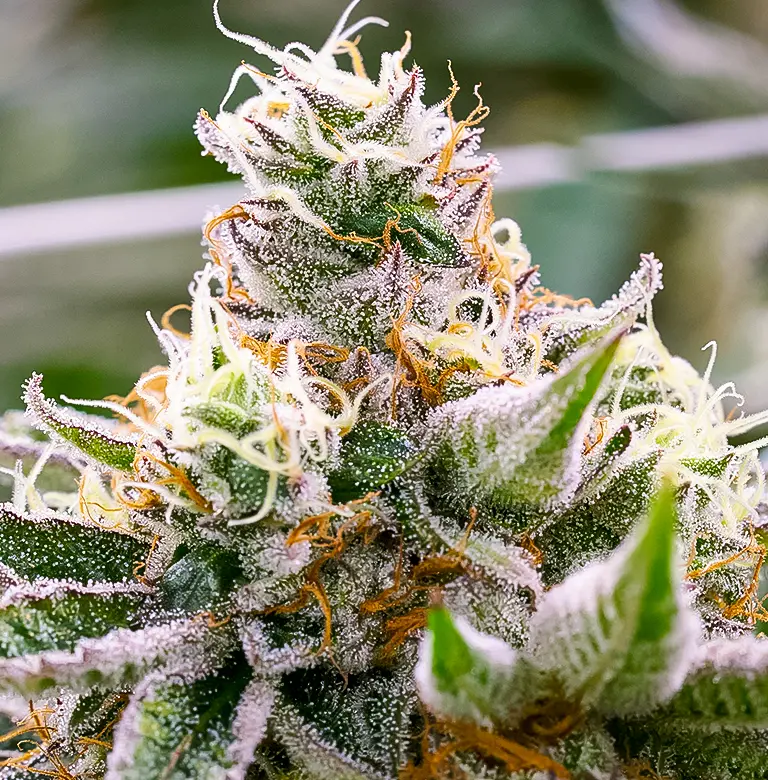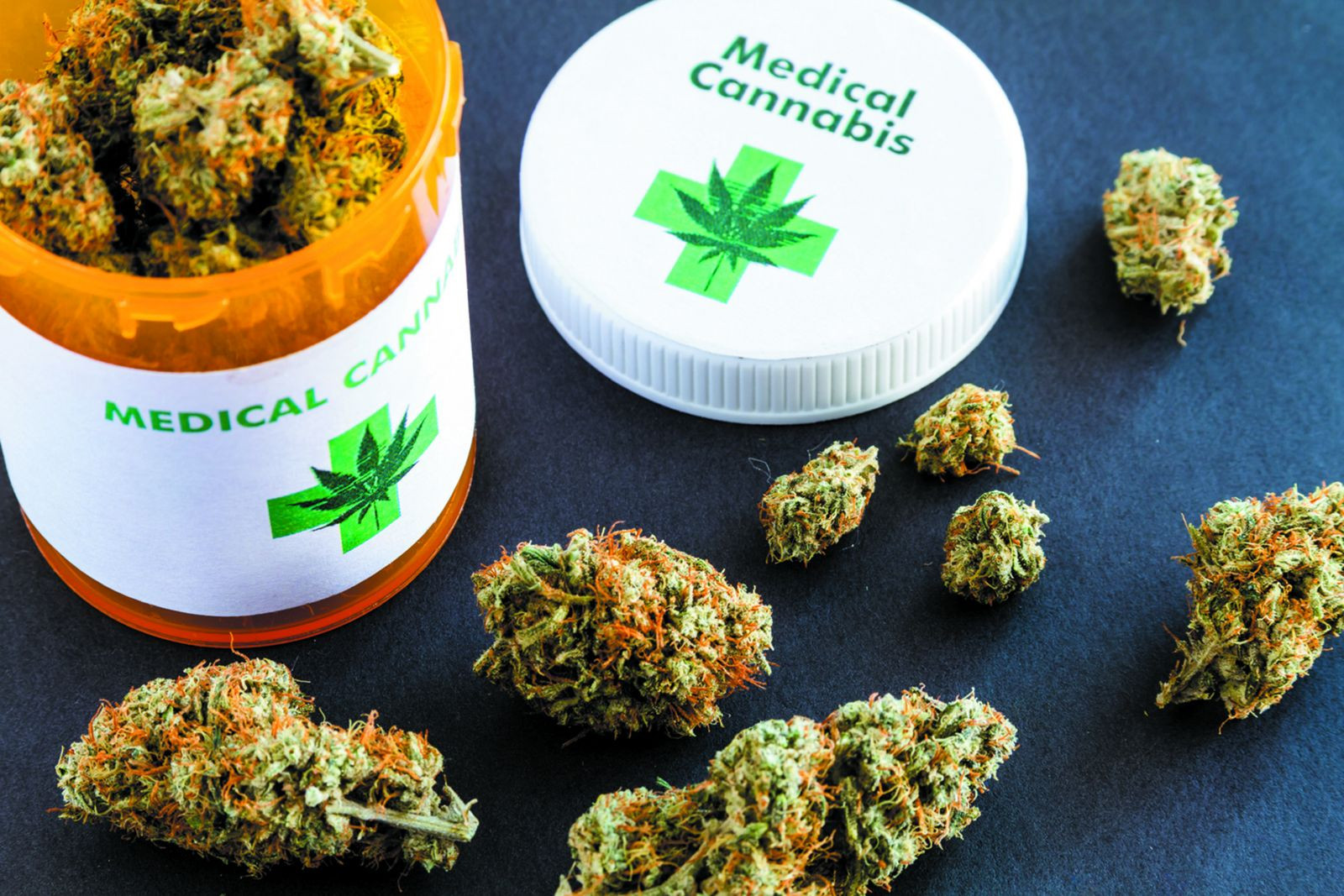Shedding Light on What Medical Marijuana Can Heal: an In-Depth Analysis of Its Restorative Features
In recent years, there has actually been a growing rate of interest in the healing capacity of clinical cannabis. While unscientific evidence abounds, a thorough examination of the clinical information concerning the effectiveness of clinical cannabis in treating these problems is required.
Chronic Pain Monitoring
Chronic discomfort monitoring stays a critical facet of medical care, requiring a comprehensive approach for efficient treatment. Over the last few years, medical cannabis has arised as a potential restorative choice for individuals enduring from chronic pain conditions. The endocannabinoid system, which plays an important duty in pain modulation, has actually been targeted by cannabis-based therapies to reduce signs and enhance top quality of life for people.

Furthermore, medical marijuana uses an encouraging option for people who experience intolerable side results from conventional pain drugs. Its capability to address pain through a various system makes it a valuable enhancement to the toolbox of treatments available for persistent discomfort management.
Epilepsy Treatment Prospective
Clinical cannabis has actually shown encouraging capacity in the therapy of epilepsy, providing a novel therapeutic technique for managing seizures in individuals. Epilepsy is a neurological disorder characterized by persistent seizures, affecting individuals of every ages. Typical therapies for epilepsy include antiepileptic medications, yet these medications might not work for all patients and can have considerable negative effects.
Research study on making use of clinical cannabis for epilepsy has exposed motivating outcomes. Cannabidiol (CBD), a non-psychoactive substance located in marijuana, has been especially highlighted for its anticonvulsant homes. Studies have revealed that CBD can minimize the regularity and severity of seizures in clients with treatment-resistant kinds of epilepsy, such as Dravet syndrome and Lennox-Gastaut disorder.
In Addition, the FDA has accepted a CBD-based medicine, Epidiolex, for the treatment of seizures related to these extreme types of epilepsy. This turning point emphasizes the expanding acknowledgment of medical cannabis as an important restorative choice for handling epilepsy and provides hope for patients who have not responded well to standard treatments.
Queasiness Alleviation Advantages
The relief of queasiness with the usage of marijuana has actually been progressively acknowledged for its healing advantages in different clinical conditions. Queasiness and vomiting prevail signs experienced by clients going through radiation treatment, those with food poisonings, and individuals with chronic pain conditions. Medical cannabis, with its energetic substances such as THC and CBD, has actually shown promise in providing remedy for nausea or vomiting.

Moreover, clinical cannabis offers a natural alternative for individuals that do not react well to typical anti-nausea medications or who experience severe side results from these medicines. Individuals undertaking radiation treatment, specifically, have reported significant improvements in their lifestyle when using marijuana to handle nausea. As research in this area continues to expand, medical marijuana is increasingly click here for info being considered as a valuable alternative for queasiness alleviation in numerous clinical settings.
Anxiousness Reduction Effects
Studies have actually demonstrated the possibility of cannabis in reducing anxiety symptoms with its interaction with the endocannabinoid system. The endocannabinoid system plays a find more info vital role in controling emotions, consisting of anxiety, by maintaining homeostasis in the body. Cannabinoids in marijuana, such as THC and CBD, interact with the endocannabinoid receptors in the mind, specifically the CB1 and CB2 receptors, to modulate anxiety-related responses.

Clients with problems like generalised anxiety condition (GAD), social anxiety problem, and trauma (PTSD) might take advantage of the anxiolytic homes of cannabis (Medical Marijuana Doctor Clinton MS). Additional research study is required to determine optimum dosages, shipment techniques, and long-lasting effects on anxiety management.
Prospective for Inflammation Control
With its well-known anti-inflammatory residential properties, marijuana has actually revealed pledge in possibly controlling inflammation within the body. Swelling is the body's all-natural feedback to injury or infection, but when it ends up being chronic, it can contribute to various diseases such as joint inflammation, inflammatory digestive tract condition, and also heart condition. Study suggests that the cannabinoids found in marijuana, such as THC and CBD, can help lower and regulate the immune action inflammation.
Studies have shown that marijuana can engage with the endocannabinoid system, which plays an essential function in controling inflammation. By targeting the cannabinoid receptors, cannabis substances can modulate the immune response, bring about a reduction in swelling levels. This makes marijuana a possible prospect for handling inflammatory conditions where conventional treatments have actually failed.
Furthermore, cannabis-derived items like CBD oil have actually gained popularity for their anti-inflammatory homes, with numerous people using them as an all-natural solution for conditions connected with swelling. While more research study is required to completely recognize the systems behind see this page cannabis's anti-inflammatory results, present searchings for reveal promising outcomes for the potential use clinical cannabis in regulating inflammation.
Verdict
Finally, medical marijuana has shown encouraging restorative residential properties in managing chronic discomfort, dealing with epilepsy, soothing queasiness, decreasing anxiousness, and controlling inflammation. Its possible advantages in numerous medical conditions highlight the relevance of further research study and expedition into its medical usage. The evidence suggests that clinical marijuana could be a useful choice treatment choice for patients seeking remedy for a variety of conditions and signs and symptoms.
In current years, medical cannabis has emerged as a prospective healing alternative for individuals suffering from chronic discomfort conditions.Medical cannabis has revealed appealing possibility in the therapy of epilepsy, offering a novel therapeutic method for taking care of seizures in patients. As research in this area continues to grow, clinical cannabis is progressively being taken into consideration as a beneficial option for nausea or vomiting relief in various medical setups.
In conclusion, clinical marijuana has actually revealed encouraging healing homes in managing chronic pain, treating epilepsy, easing queasiness, minimizing anxiousness, and controlling inflammation. The evidence suggests that clinical marijuana can be a valuable alternative treatment alternative for individuals looking for relief from a range of conditions and symptoms.